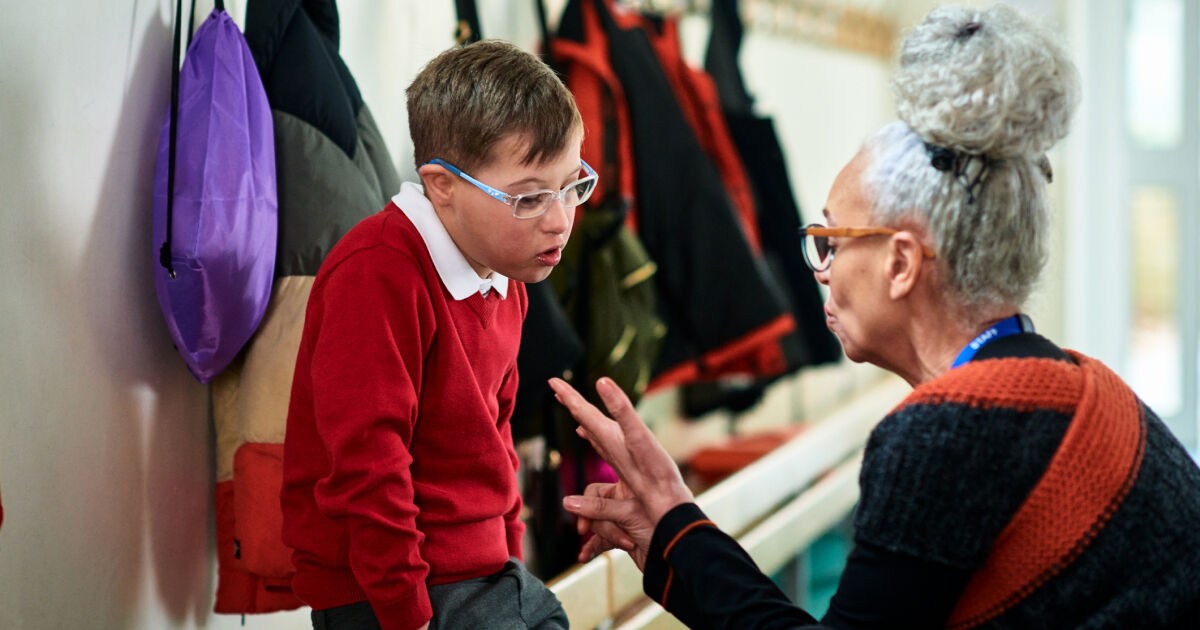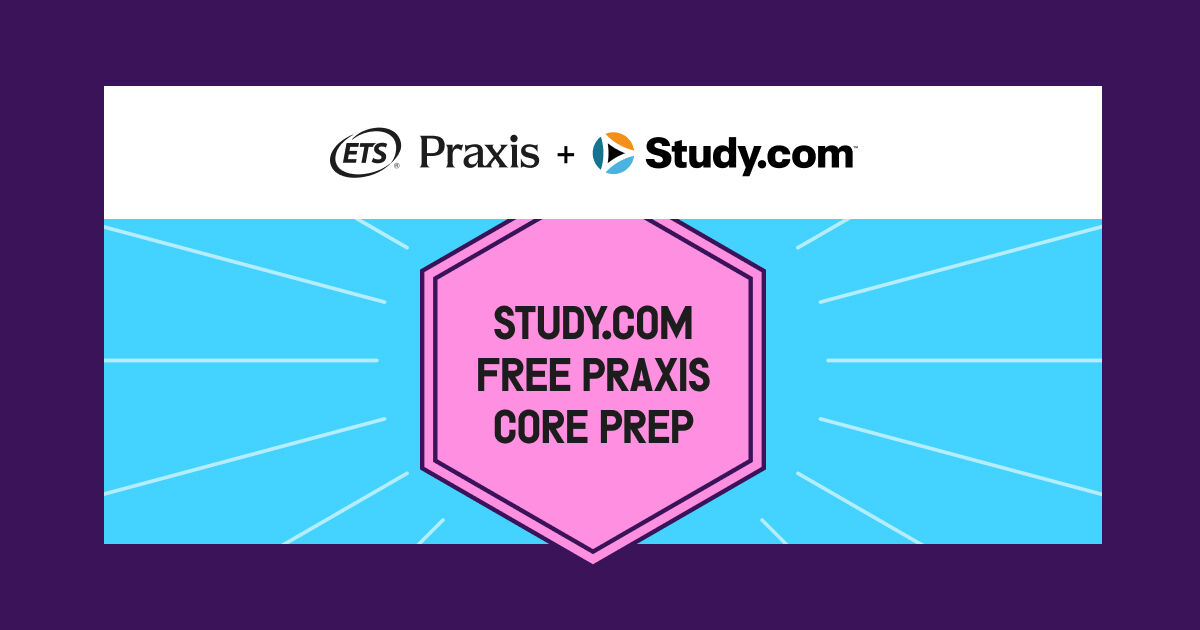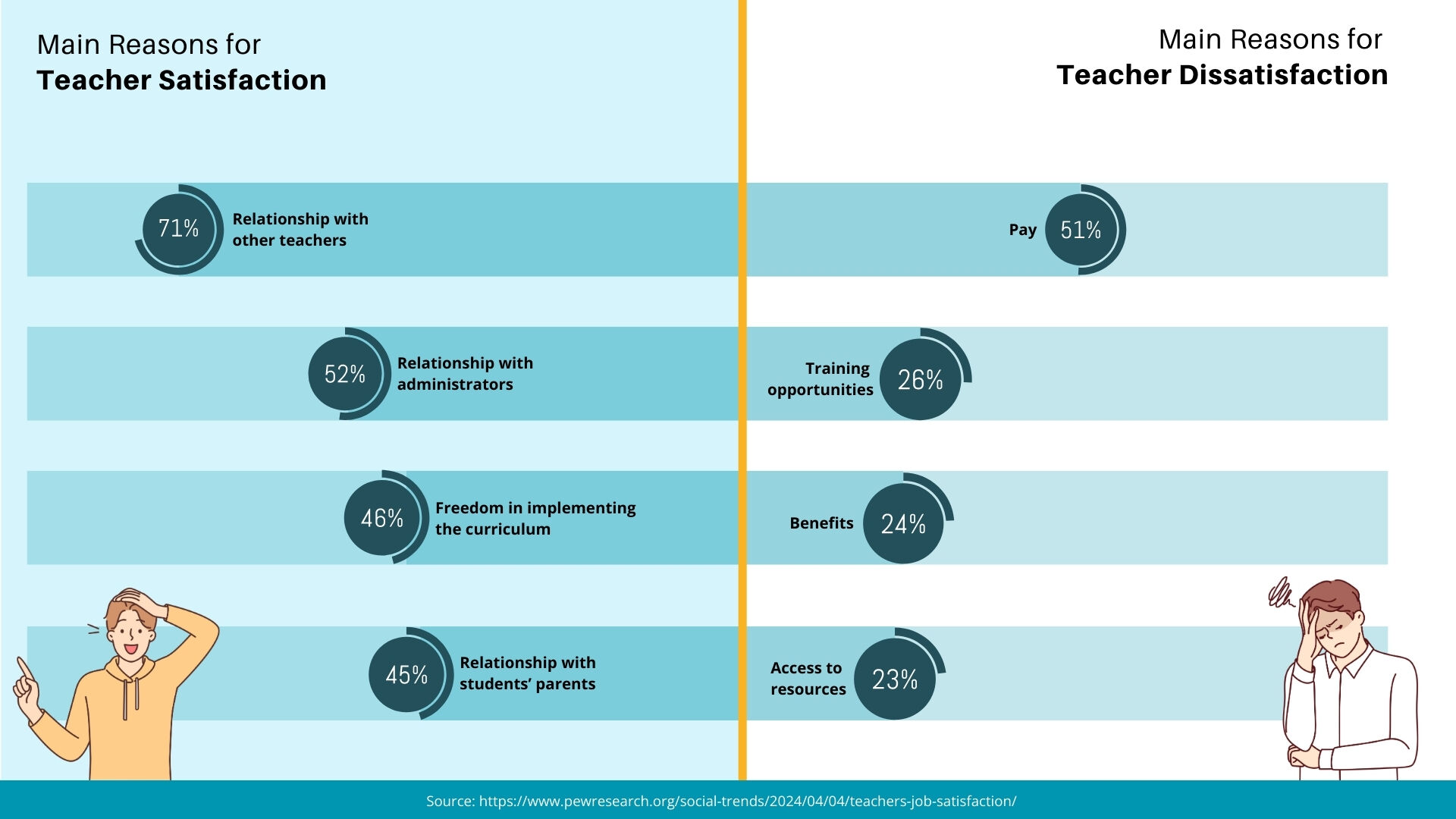
“Service Above Self”: Susan Enfield on Leadership, Legacy, and the Future of Education
In a candid conversation with Praxis, veteran superintendent and incoming Executive Director of the Center for Educational Leadership (CEL) at the University of Washington, Dr. Susan Enfield shared the values, experiences, and vision that have shaped her decades-long career in public education.
From her early days as a high school English and journalism teacher to leading major school districts across the country, Enfield’s journey is marked by a deep commitment to equity, humility, and service. “I am a former high school English, ELL, and journalism teacher who lost her way and found her way into the superintendency,” she joked, reflecting on her unconventional path to leadership.
Rooted in Respect and Resilience
Enfield credits her upbringing—split between the academic rigor of her father’s side and the hardworking ethos of her Portuguese immigrant mother’s family—for shaping her inclusive worldview. “Even though there wasn’t a lot of formal education on my mother’s side, it didn’t mean there wasn’t a lot of brilliance,” she said. “It’s never for us to place a value on how much a family values their own child’s education.”
This belief in the inherent worth and potential of every student and family has guided her leadership philosophy. “Every family wants the best for their child. And it’s our job as educators to deliver on that.”
Leadership as Service
At the heart of Enfield’s approach is a simple but powerful principle: service above self. “I think that in leadership, service above self is really important. It’s not about you, it’s about the people that you are fortunate enough to be serving.”
She also emphasized the importance of modeling balance and well-being for her teams. “You can’t bring your A-game if you aren’t healthy and happy in your life,” she said. “I’ve never denied someone vacation. In fact, I’ve encouraged people—go to your kid’s game, go home. You’re not going to get an extra cookie for staying at the board meeting.”
Building Leaders, Not Just Systems
Enfield’s legacy includes not only the districts she’s led but the leaders she’s helped cultivate. “I think giving people pathways and opportunities and encouragement is so important,” she said.
For Enfield, the difference between mentorship and sponsorship is pivotal. While mentorship is about “helping guide someone, listening, giving advice,” sponsorship, she says, is where it gets exciting, “putting your own reputation on the line to believe in someone else and give them opportunity.” She’s makes it a point to co-author articles with team members and include them on conference panels, ensuring their work is seen and their voices are heard. “I think it's all about sort of sharing the stage, if you will, and creating space for up and coming leaders to make their way.”
She’s proud that several former colleagues have gone on to become superintendents themselves. “I’m not taking credit for them being superintendents,” she clarified. “But I do take seriously my role in helping others see what they might not yet see in themselves.”
A New Chapter at CEL
As Susan Enfield prepares to step into her new role as Executive Director of the Center for Educational Leadership (CEL) at the University of Washington, she’s bringing with her not only decades of experience but also a deep sense of humility and curiosity.
“You have to do it from a place of humility and learning,” she said. “I’ve worked with CEL in Seattle and Highline, so I know and respect their work. But being part of the organization is different. I have lots to learn.”
Enfield is entering this new chapter with a learner’s mindset, eager to listen to the CEL team, its advisory board, and the school and district partners they serve. “The education landscape right now is ever-changing,” she noted. “So my priority is to talk to as many people as possible and listen.”
She’s also embracing the challenge of stepping outside the traditional pre-K–12 space. “I’ve worked in districts since 1993. Now, I’ll be an employee of the university. It’s exciting, it’s scary, and it’s humbling. But it’s good for me to be out of my comfort zone and to be pushed a little.”
What excites her most about CEL is its unwavering focus on student-centered leadership development. “At the heart of any professional learning—whether it’s for paraeducators, teachers, or leaders—centering the student experience is incredibly important. And that’s what CEL does really well.”
She also emphasized the importance of context in professional development. “One size certainly does not fit all,” she said. “Local context matters a lot. That was on full display during the pandemic. So how are we providing professional growth opportunities that are respectful of that context and grounded in the belief that every child deserves a high-quality education?”
For Enfield, this new role is not just a continuation of her leadership journey—it’s a reinvention. “I loved my time in Highline. I could have stayed longer. But I felt like I was starting to coast a little bit. And I think one of the least talked about, but most important aspects of leadership, is self-awareness and selflessness.”
Her decision to leave was driven by a desire to keep growing—and to make space for others to do the same. “As leaders, we all have a shelf life. We need to recognize that and ideally plan a transition that sets the organization up for success and sets you up for success.”
Telling the Story of Superintendents
Enfield, alongside fellow retired superintendent Christie Wilson, co-authored On Fire, Under Fire, or Fired to document the untold stories of superintendents during the COVID-19 pandemic. The book, she explained, was born from a shared concern that “people don't fully understand what superintendents do and who they are,” and a belief that the profession has been “dehumanized.”
“When people don’t see you as a person first, it’s a lot easier to treat you badly or get rid of you altogether,” she said. The book captures the arc of the pandemic through the eyes of district leaders—those who were, in her words, “on fire” at the start, scrambling to deploy devices and deliver meals, only to find themselves “under fire” as politics took hold. Some were pushed out, others chose to walk away. “The ‘fired’ can be somebody firing you or you choosing to fire yourself,” she noted.
Through interviews with 40 superintendents across the country, the book aims to preserve a critical chapter in educational leadership and remind the public of the extraordinary demands placed on those who led through crisis.
Creating Space for Real Talk
Enfield is also leading the Network of Distinguished Educators, a new initiative from PDK International and AASA. “We’re not just going to get together and meet—we need to produce something,” she said. The network has already partnered with Harvard to develop open-source case studies that illuminate the real challenges superintendents face.
She’s especially proud of the network’s diversity. “There are 13,000 school districts in this country. A lot of them are under 2,000 kids. And there’s brilliant work happening in those smaller districts that too often goes unrecognized.”
Looking Ahead
As the conversation closed, Enfield offered a glimpse into her hopes for the future of education leadership. “We need a great pipeline of good, mission-driven leaders who really value service above self,” she said. “I’m not going to be doing this forever. But I want to make sure the next generation is ready.”
For Enfield, staying sharp as a leader means staying connected. She emphasized the importance of professional networks throughout her career, especially as she advanced. “It’s really easy to get stale,” she admitted. “And our staff, and most importantly, our students, deserve for us not to coast. We should be earning it every single day.”
Rather than relying solely on books or webinars, Enfield believes the most meaningful growth comes from engaging with peers. “None of us gets better sitting alone in our office,” she said. “You actually have to go and experience what other people are doing and engage with other human beings.”
This belief in continuous, community-driven learning is part of what excites her about her next chapter at the Center for Educational Leadership, which is an organization, she noted, “committed to leadership development.”
In a field often defined by its challenges, Susan Enfield’s story is a powerful reminder of what’s possible when leadership is grounded in purpose and humility.

By The Praxis Editorial Team
Using the Tomorrow’s Teacher blog, the writers, thought leaders, and researchers who comprise the Praxis Editorial Team focus on the pedagogical issues that matter most to educators. The goal: to create and sustain a constant dialogue, and to unite the interests of all those who value teaching and learning.
More Posts

Initial Findings: How Test Prep Supports Teacher Diversity

By Praxis Editorial Team
Published on November 12, 2024

ProEthica: Promoting Ethical Education and Teaching Excellence

By Praxis Editorial Team
Published on October 8, 2024

Fostering Teaching Excellence: A Cornerstone of Educational Success

By Praxis Editorial Team
Published on September 24, 2024

Unlocking Student Potential: How SEL Fosters Success

By Praxis Editorial Team
Published on August 27, 2024

Strategies for Student Engagement and Classroom Practice

By Praxis Editorial Team
Published on August 13, 2024
.jpg)
Top AI Tools That Benefit Teaching and Learning

By Praxis Editorial Team
Published on July 30, 2024

Mastering Teacher Skills Through Performance Tasks

By Praxis Editorial Team
Published on July 16, 2024

Embracing Technology as a Learning Partner

By Praxis Editorial Team
Published on July 2, 2024

Becoming a Teacher: A Guide for Aspiring Educators

By Praxis Editorial Team
Published on June 18, 2024

Supercharging Pedagogy: The Power of AI in Education

By Praxis Editorial Team
Published on June 5, 2024

A Critical Resource: The Importance of Literacy Skills

By Praxis Editorial Team
Published on May 21, 2024

Social Emotional Learning: Vital for Teacher Preparation

By Praxis Editorial Team
Published on May 14, 2024

Overcoming Praxis Test Challenges: Retaking and Succeeding

By Praxis Editorial Team
Published on May 7, 2024
.jpg)
Future Directions: How Praxis and Study.com Consider Educator Preparation and Support

By Praxis Editorial Team
Published on April 30, 2024
.jpg)
Unveiling Educational Impact: ETS Praxis Ventures into New Research Horizons

By Praxis Editorial Team
Published on April 23, 2024

Achieving Success: Our Innovative Test Prep for Praxis Core

By Praxis Editorial Team
Published on April 15, 2024
.jpg)
Unlocking Diversity: ETS and Study.com Research Explores Keys to the Classroom

By Praxis Editorial Team
Published on April 9, 2024

Enhancing Literacy Learning: Blending Technology and Education

By Praxis Editorial Team
Published on April 2, 2024

Get Your Dream Job: Top 10 Interview Questions

By Praxis Editorial Team
Published on March 25, 2024

Making the Grade: Finding Your Ideal First Teaching Job

By Praxis Editorial Team
Published on February 27, 2024

Assessment Strategies I Wish I Knew When I Started Teaching

By Praxis Editorial Team
Published on March 12, 2024

Empowering New Teachers with Professional Development

By Praxis Editorial Team
Published on March 5, 2024

Supercharging Education with Formative Learning

By Praxis Editorial Team
Published on March 19, 2024

Meet Praxis: Where Education Leads the Conversation

By Praxis Editorial Team
Published on February 20, 2024

Breaking Boundaries: Praxis and Study.com Partner to Empower Educators

By Praxis Editorial Team
Published on February 20, 2024

Building the Future of Teaching: Essential Investments for New Educators

By The Study.com Editorial Team
Published on September 10, 2024



